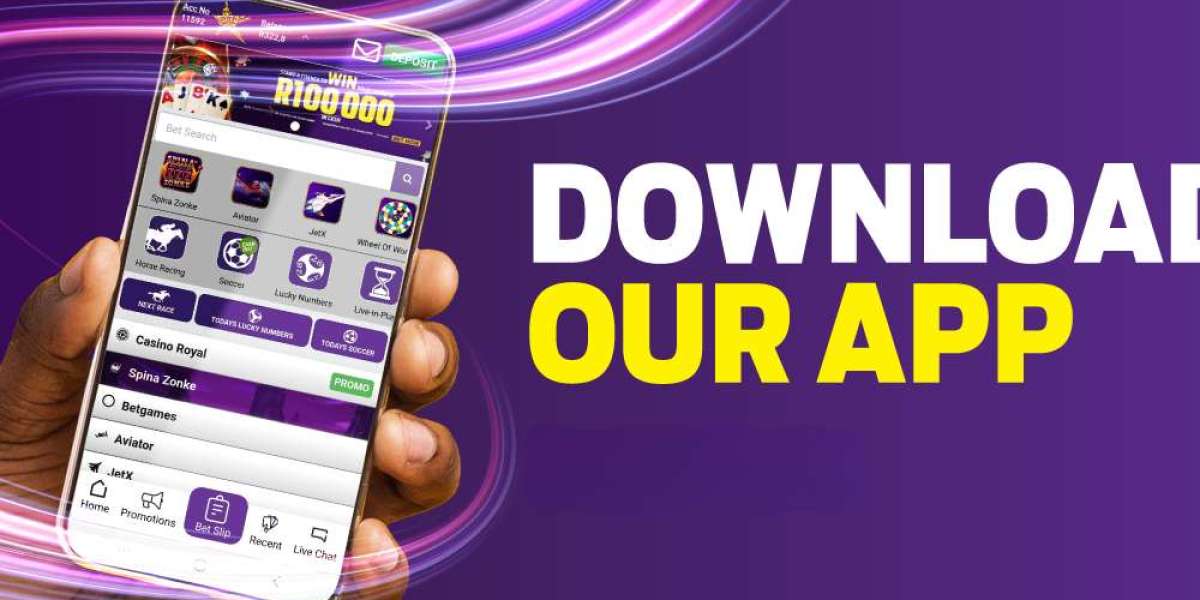Monopoly Go! brings the iconic board game into a fast-paced, mobile format that attracts millions of players worldwide. But beyond the dice rolls and property trades, there's a fascinating social dynamic at play. Most Monopoly Go! players fall into two main categories: "families"—collaborative, alliance-driven players—and "lone wolves"—independent, solo strategists. Each type has its own approach to gameplay, goals, and social interaction.
In this article, we explore the key differences between these two player types and how they shape the Monopoly Go! experience.
1. The Family-Oriented Players
“Family” players tend to be part of active in-game groups, social media sticker-trading communities, or real-life networks. They thrive on cooperation, sharing resources, tips, and time-sensitive event information to help each other progress.
Common behaviors include:
Actively participating in partner events or team-based challenges
Trading stickers regularly to complete albums faster
Coordinating heist protection strategies
Alerting teammates when a multiplier event starts
These players typically prioritize collective growth over individual achievements. Many even form sticker exchange alliances across time zones to ensure non-stop progress.
For them, Monopoly Go! is as much a social platform as it is a game—a place to bond, compete, and collaborate with friends or online peers.
2. The Lone Wolves
On the other end of the spectrum are the “lone wolves.” These players prefer to go it alone, relying solely on personal tactics and efficiency. They often play quietly, avoid group chats, and take pride in their independent progress.
Typical behaviors:
Hoarding resources until a perfect event window
Strategically using dice rolls to hit milestones with minimal spending
Avoiding unnecessary sticker trades unless it directly benefits them
Maximizing solo event points without relying on others
Lone wolves excel at resource management and often maintain a higher level of control over their outcomes. However, they may struggle to complete sticker albums quickly or miss out on bonuses tied to cooperative play.
For them, Monopoly Go! is a competitive solo adventure, not a group journey.
3. The Impact on Gameplay and Community
These two player types often cross paths—especially during events that require interaction, like the Partner Challenge or Sticker Boom. While families build alliances to tackle these events, lone wolves may view them as temporary necessities and disengage afterward.
Monopoly Go!’s game design cleverly accommodates both styles:
Social players get the benefit of bonus trades and collaborative events.
Solo players can still grind events, stack rewards, and progress independently.
This dual design helps keep the game inclusive and accessible, regardless of how players choose to engage.
Conclusion
Whether you’re building empires with trusted allies or dominating the board on your own, Monopoly Go! offers space for every playstyle. Recognizing the behaviors of different player types helps you not only understand your opponents better but also decide which approach suits your goals and personality.
Looking to complete your next sticker set—whether with the help of your group or entirely on your own? Visit mmowow store to find monopoly go stickers and boost your collection with ease!






